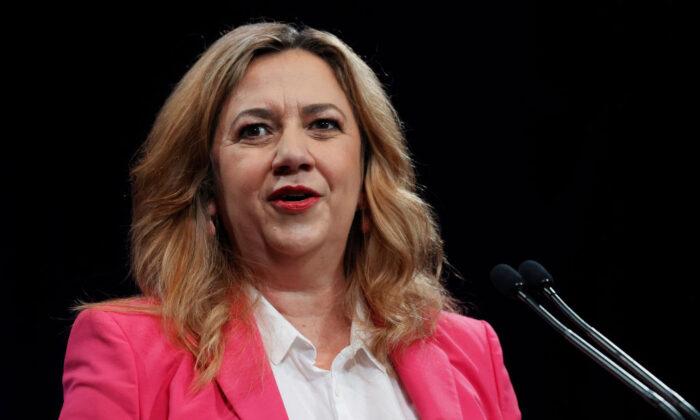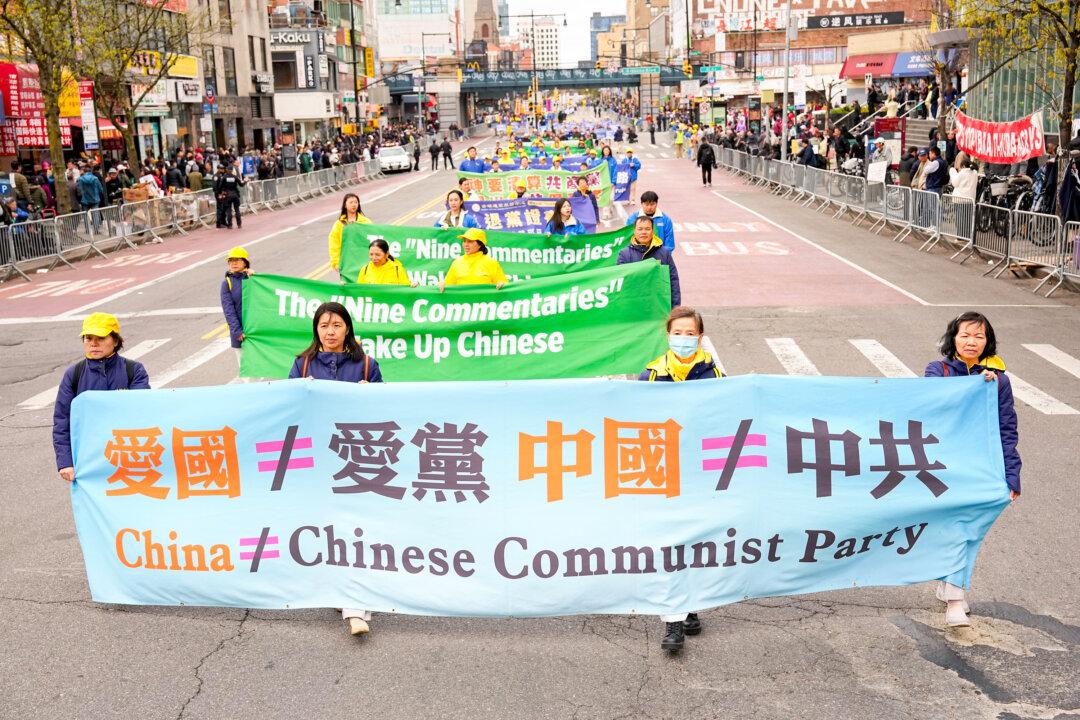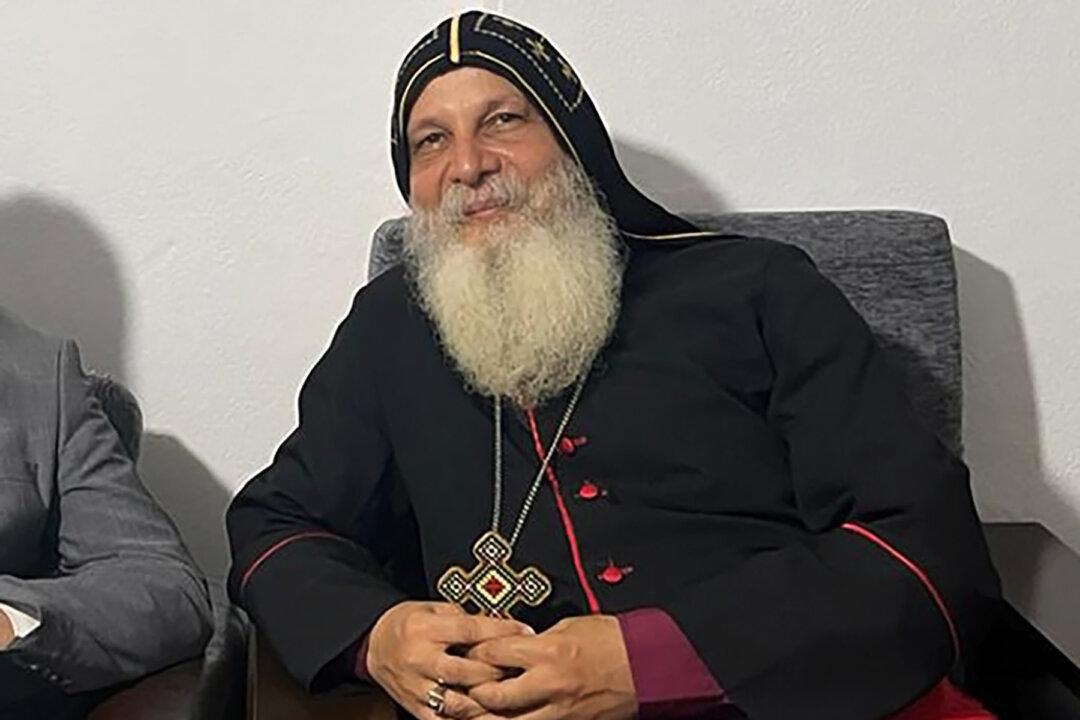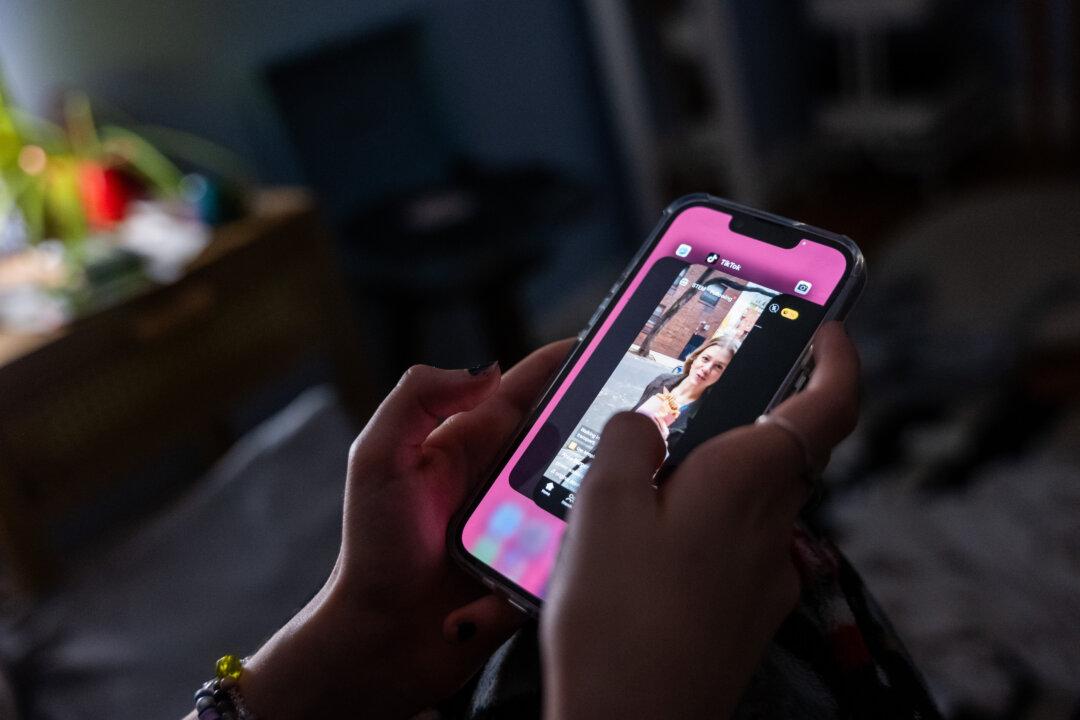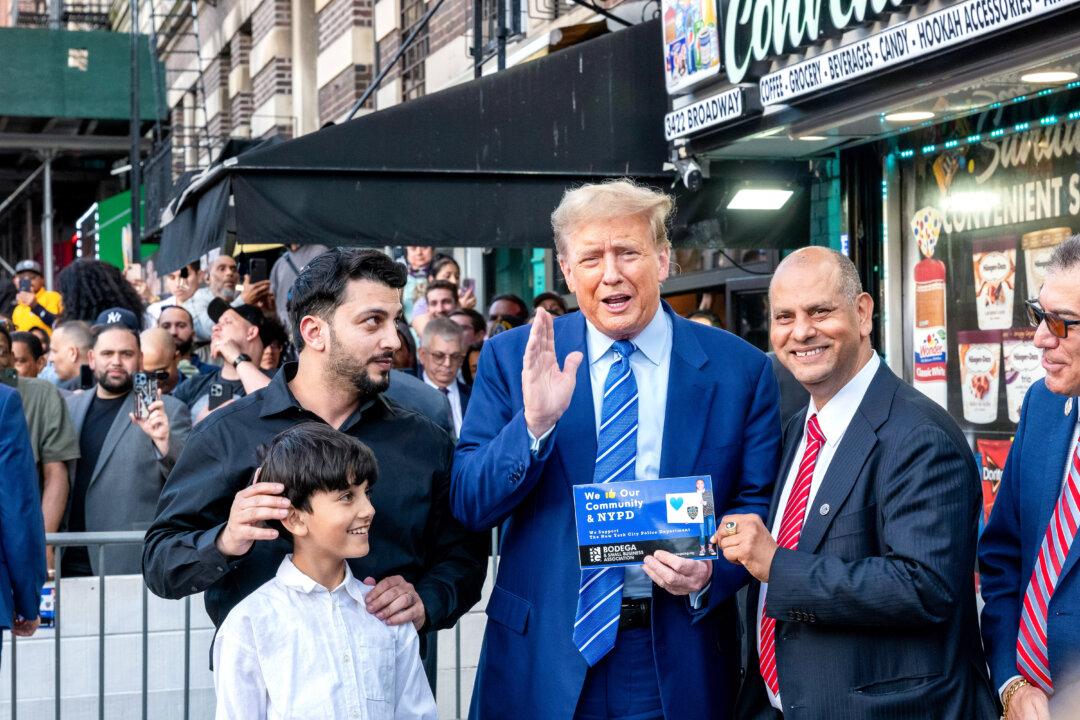Queensland state leader Annastacia Palaszczuk says she is willing to travel to the UK to try and retrieve artefacts belonging to the ancestors of local Indigenous communities.
The Labor premier’s comments come after the Queensland Parliament, on May 10, passed a new law—with bipartisan support—to set up a “Truth-telling inquiry” to investigate the “continuing impacts” of colonisation on its Indigenous communities.
Following the passing of the law, Palaszczuk said there was a “wealth of artefacts” being stored in the “basement of the British Museum.”
“These priceless artefacts will be better on display here at our cultural centre, where they belong,” she said.
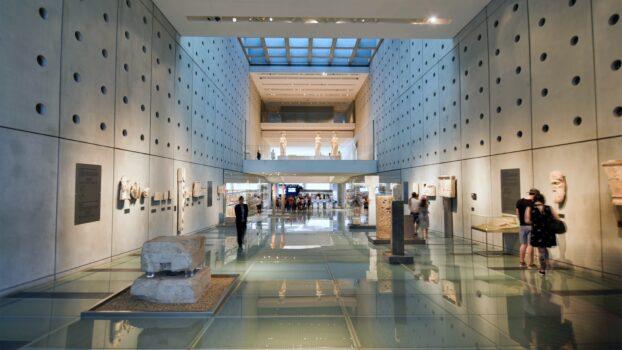
“I’m happy to go to London to get these artefacts back with our First Nations people.”
What does a Truth-Telling Inquiry Do?
A five-member committee will conduct the Truth-telling inquiry that will spend the next three years investigating the “true history of Queensland.”The inquiry will publish reports on its findings and prepare Indigenous communities for treaty negotiations with the Queensland government.
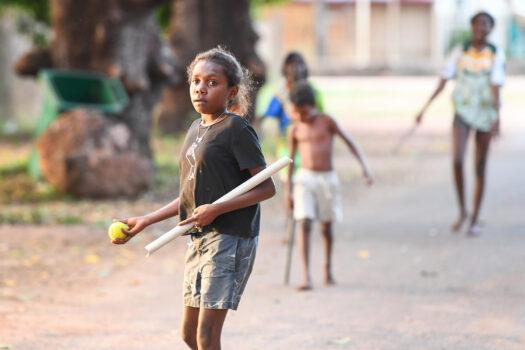
“They’ve worked with the government and learned how to do things like buy large industries, build corporate towers, and partner with other organisations,” he said.
Yet Indigenous leader Warren Mundine has warned that the Truth-telling process will simply sideline or censor those that oppose the officially endorsed narrative around colonialism.
“Your truth may be different from my truth. Anything that infringes on free speech is a dangerous place to go,” he told The Epoch Times. “You’re going to end up declaring some people of not speaking the ’truth' or spreading misinformation—it smacks of the CCP or the old Soviet Union, where you have to toe the line.”
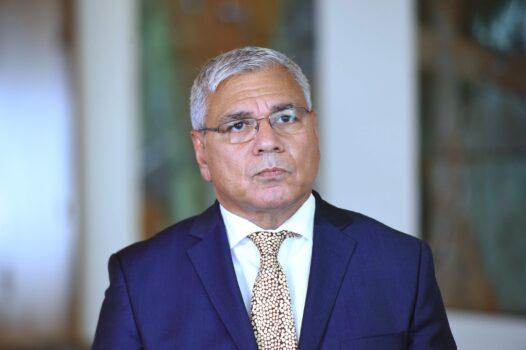
Broad Parliamentary Support With Few Critics
The bill, however, received broad support from the Greens and the opposition Liberal-Nationals, with the regional-focused Katter’s Australian Party (KAP) refusing to back it.Greens MP Amy MacMahon said it was hypocritical of the government to pass the bill but also toughen its youth crime laws, which have a larger effect on Indigenous youths.
“Almost all of the First Nations people who made submissions on the bill commented on the hypocrisy of the government in introducing this bill in the same week that it introduced harsh bail laws for children, which will only see more First Nations children locked up,” she told Parliament.
Meanwhile, Nick Dametto, deputy leader of Katter’s Australia Party (KAP), said he endured name-calling and abuse from government MPs for opposing the bill.
“Australia should be one. And not divided by trying to create a situation where one race of people in this country have more of a say than the rest,” he added.
KAP leader, Robbie Katter, said the process would do little to help local Indigenous communities.
“I know I’m still going to be back here in a couple of years’ time, talking about exactly the same things, trying to get outcomes for these people who are crying out for help,” he told Parliament on May 10.
While Mundine criticised the Liberal-Nationals for not opposing the bill.
“They’re scared of being called racist things and bigots. Why don’t they sit down, think about, and have a conversation about how this will improve the lives of Aboriginal and Torres Strait Islander people? How does this give kids economic prosperity and help them assimilate into the wider Australian community?”
